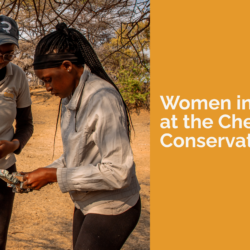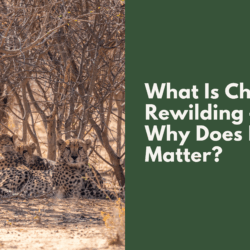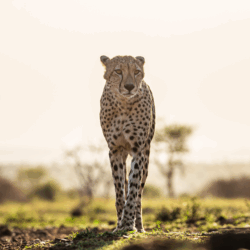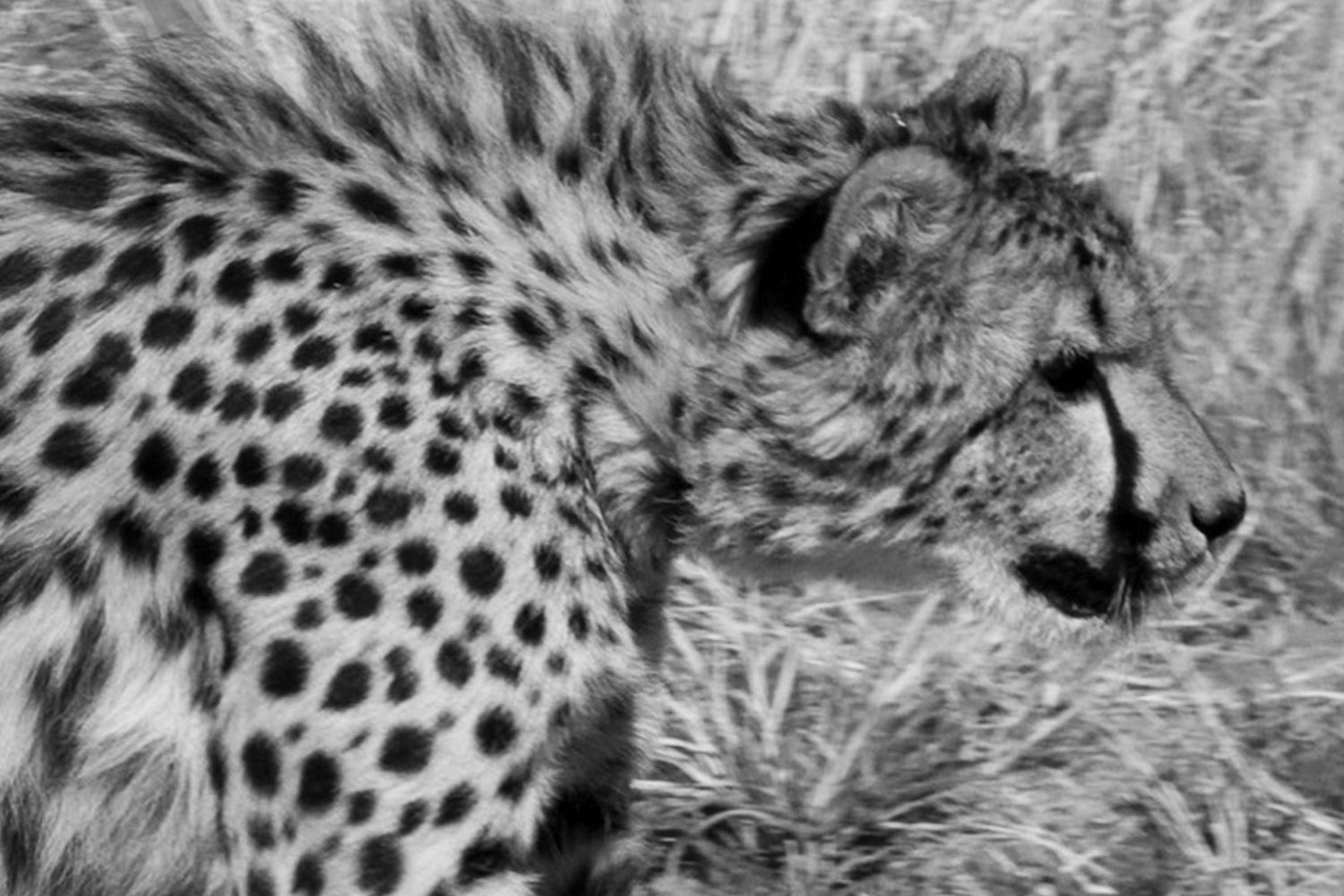Indian cheetah reintroduction, two months on.
-

- by Hannah Mulvany 18 November 2022

Two months on from the relocation of Namibian cheetahs to Kuno National Park in India, we are happy to report that all of the cheetahs are doing extremely well in their new surroundings.
In very exciting news, we had reports from Kuno that two males, Elton and Freddie, who were released from their quarantine enclosure into a hunting enclosure had made their first kill within the first 48 hours. Their prey was an adult chital, which is a native Indian deer species. The hunting enclosure, or ‘boma’, is a larger enclosure than the quarantine enclosure that some of the cheetahs currently remain within. All of them will eventually be moved through this enclosure as they adapt to their new lives in Kuno National Park. The video below shows Elton watching a chital after his release.
The five female cheetahs and one male cheetah who were relocated from Namibia will also be released into the hunting enclosure in the not-too-distant future, and later into Kuno National Park. Barthélémy Balli kindly took the photos below and allowed us to use them, which show Tblisi, Siyaya, Savanna and Sasha in their quarantine enclosure, who are all healthy and doing well.
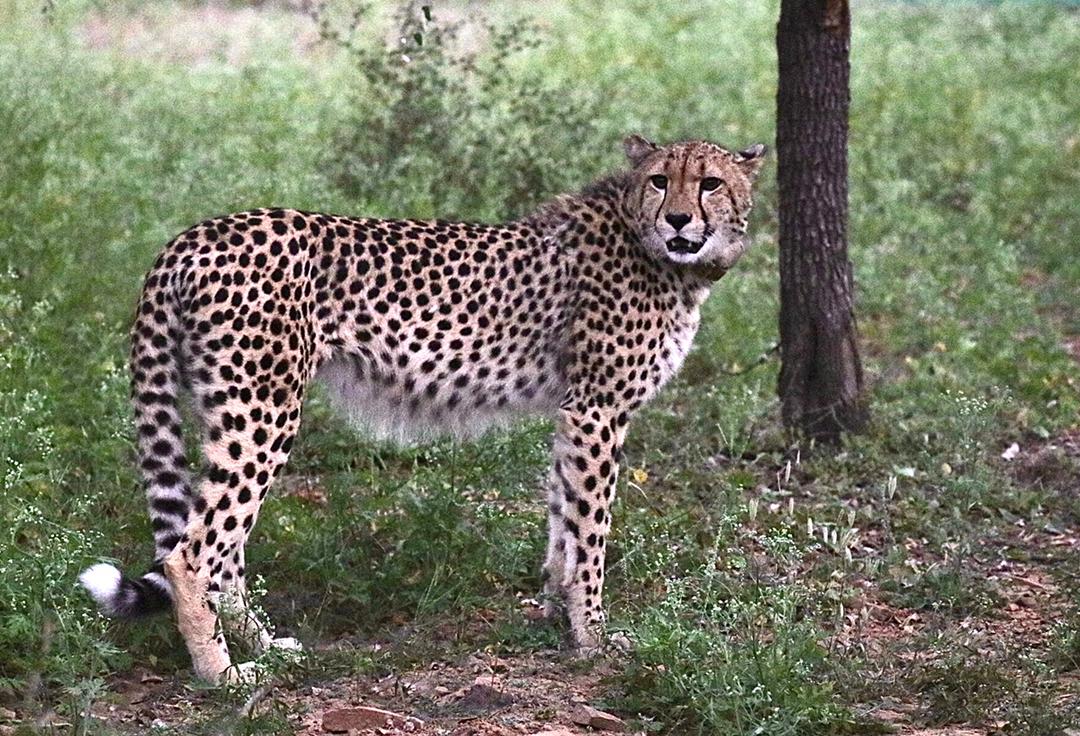

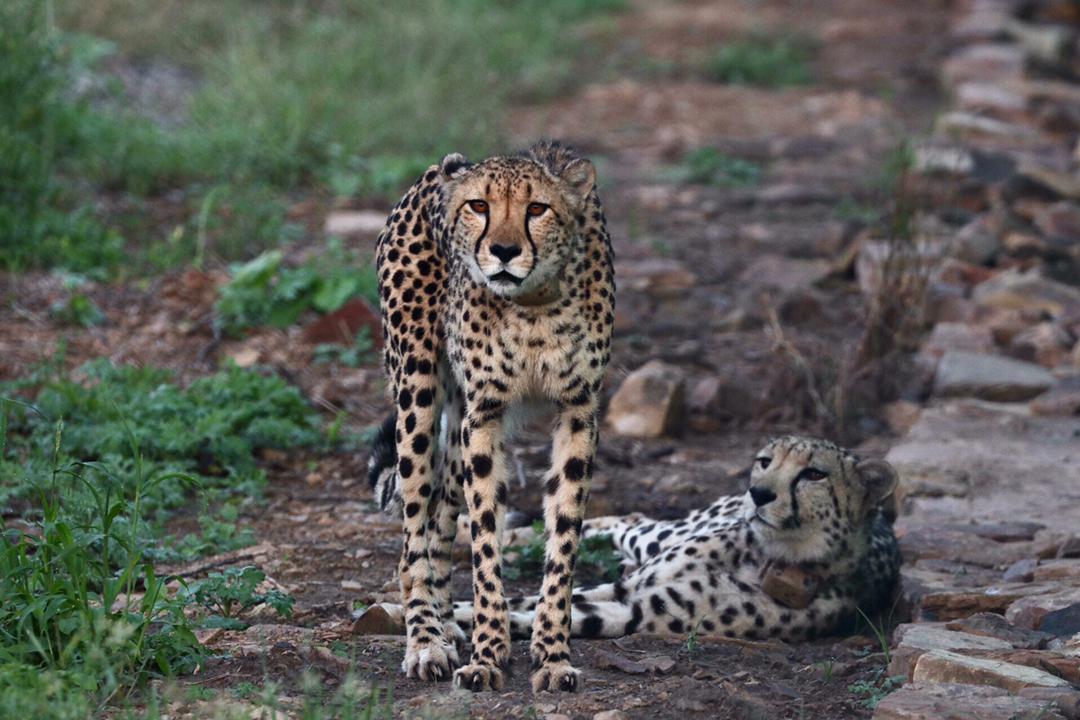
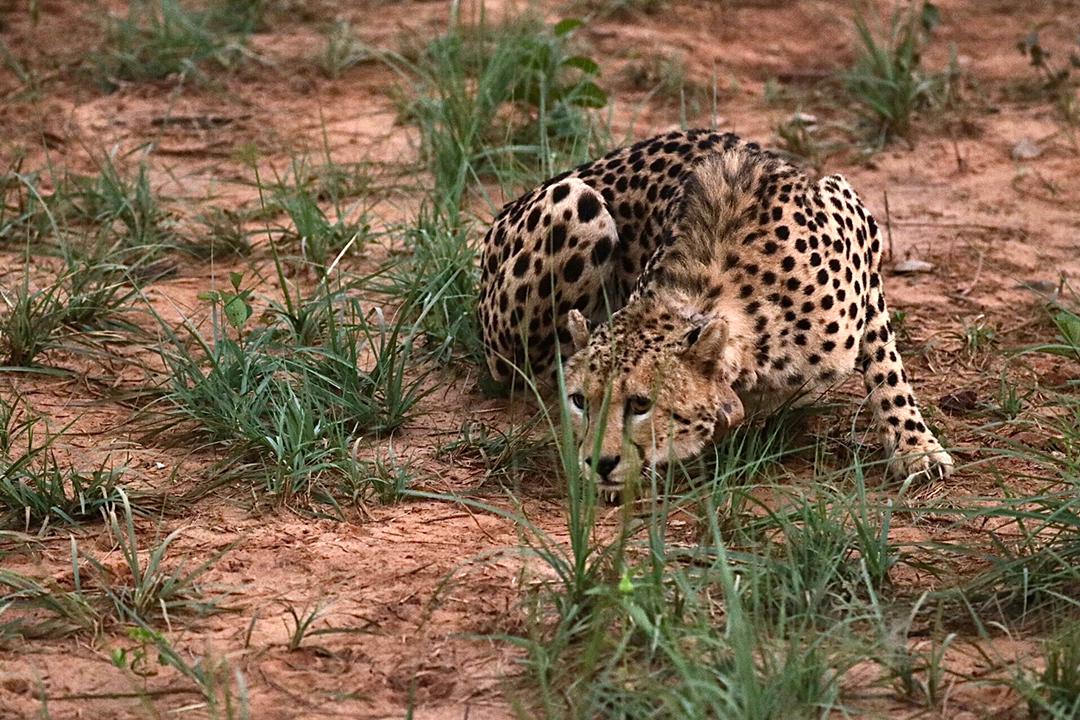
Meet the cheetahs who were relocated to India
On the 16th of September 2022 eight wild cheetahs were relocated from Namibia. This group of iconic, spotted big cats is making history as the first to be translocated from southern Africa to Asia to create a new meta population, in a place where cheetahs once roamed freely, but were extirpated more than 70 years ago. Namibia, the country that has traditionally had the greatest density of wild cheetah, is donating the first eight individuals as part of a larger, multi-year agreement to help conserve the species through India’s Project Cheetah.
Freddie (left) and Elton (right)


Nicknamed “The Rockstars”, brothers Elton and Freddie had been living wild on CCF’s 58,000-ha private reserve near Otjiwarongo, Namibia, since at least July 2021, when CCF staff first noticed their tracks around the Centre. Male cubs from the same litter stay together for life and form coalitions to hunt.
Oban

Oban was born at Erindi Private Game Reserve in March 2018. His mother was also born at Erinidi Reserve, and her mother, Jacomina, is a cheetah that CCF returned to the wild at Erindi several years before.
Siyaya
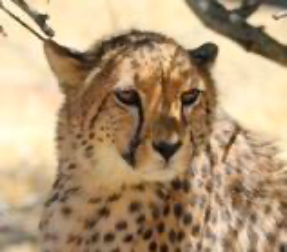
Siyaya was found with her brother, Kabaka, at a waterhole near the city of Gobabis in south-eastern Namibia. They were both very skinny and malnourished. CCF believes their mother had died in a veld fire a few weeks prior. Siyaya had been living on CCF lands since September 2020.
Aasha
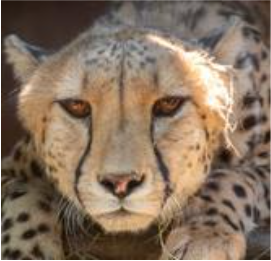
Aasha is a wild female captured in a trap cage on our neighbouring farm in July 2022. She was released on CCF property, but was again caught on the same neighbouring farm two months later.
Tblisi
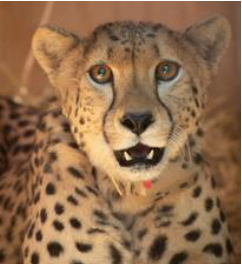
Tblisi was born at Erindi Private Game Reserve in April 2020. Her mother was in CCF’s cheetah rehabilitation programme and had been successfully returned to the wild a little more than two years ago.
Sasha

Sasha was found on a farm near Gobabis in late 2017 by some of the farm workers. She was skinny and malnourished. The workers nursed her back to health. In January 2018, CCF staff learned about Sasha and moved her to the CCF Centre.
Savannah
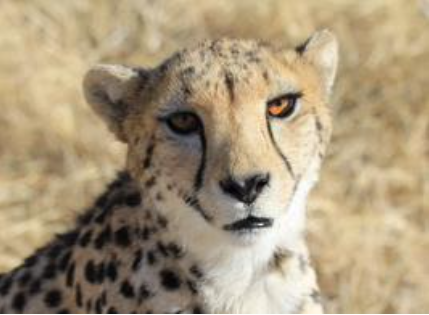
CCF staff picked up Savannah from a farm located in the north-western part of Namibia close to the village of Kamanjab in February 2019. Since arriving, Savannah has become best friends with Sasha, and the two are typically always found together in their enclosure.
To support our crucial cheetah conservation work, please consider making a donation to CCF UK.
Related Reading
-
10 February 2026
Women Shaping the Future of Science at the Cheetah Conservation Fund
